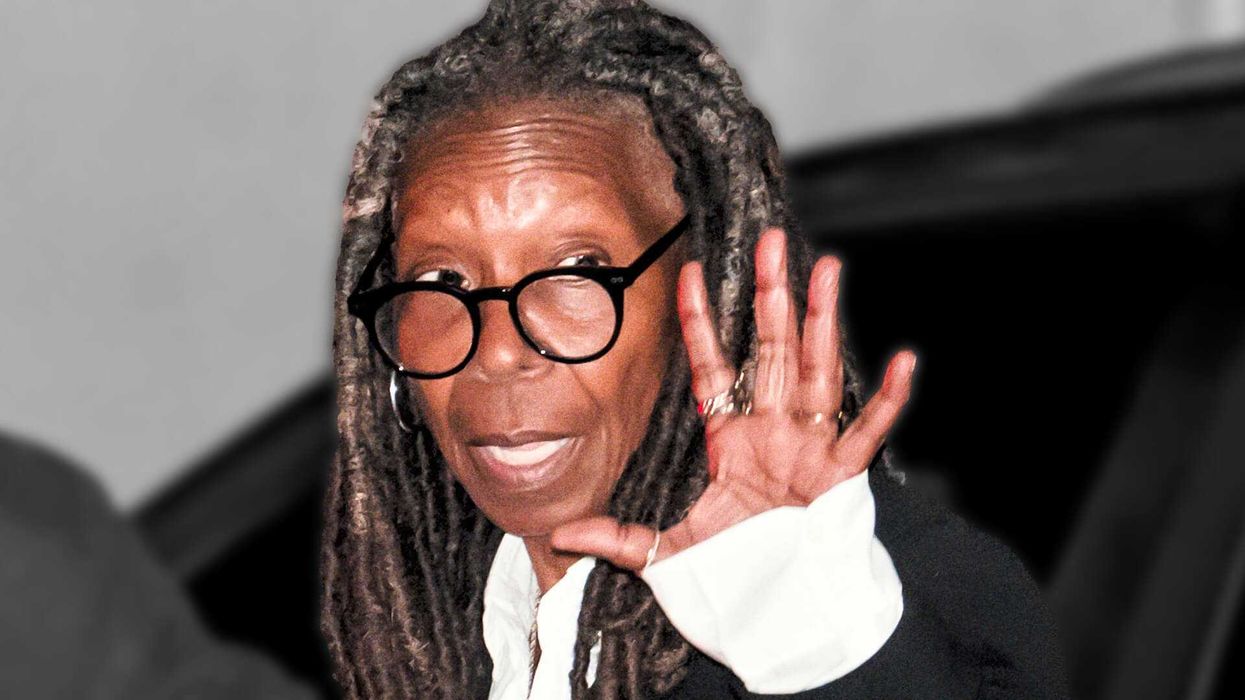
© 2025 Blaze Media LLC. All rights reserved.
How People With Down Syndrome Are Helping Scientists in Alzheimer's Research
August 25, 2014
"She doesn't remember anything."
With some studies saying that people with Down syndrome are up to six times more likely to develop Alzheimer's disease, people with trisomy 21 make prime candidates for researchers studying the disease that results in a progressive loss of memory and some behavior.
 Photo credit: Shutterstock
Photo credit: Shutterstock
"By the age of 40, 100 percent of all individuals with Down syndrome have the pathology of Alzheimer's in their brain," Michael Rafii, director of the Memory Disorders Clinic at the University of California, San Diego, told NPR in a recent feature about how people with Down syndrome are helping researchers understand more about the memory disease.
Rafii is involved with a clinical study that is looking at possible therapies for people with Down syndrome age 18 to 45 who have not yet exhibited any sort of dementia-like symptoms. According to the Alzheimer's Association, autopsy studies have shown that the brains of nearly all people with Down syndrome exhibit characteristic signs of Alzheimer's by the time they're 40 years old.
Scientists already link one of the genes on chromosome 21 with coding for a protein involved in the brain's processing. The Alzheimer's Association said that having an extra copy of the chromosome to produce this gene could increase the production of beta-amyloid and thus plaque in the brain, which can lead to symptoms of dementia.
If the research is able to lead to a drug that could help prevent Alzheimer's in people with Down syndrome, William Mobley, chairman of UCSD's neuroscience department, told NPR that it might someday "apply to all of us" as well.
"Imagine someday a drug that we all start taking when we're 25 so we never get Alzheimer's disease," Mobley said.
The drug that will be given to some subjects in UCSD's study, ELND005, has already been shown to prevent some of the changes related to Alzheimer's in the brains of mice, according to NPR.
In addition to finding a possible preventative drug, the Alzheimer's Association said researchers are trying to understand why most individuals with Down syndrome develop memory loss while a smaller percentage don't.
Justin McCowan, a 39-year-old with Down syndrome, told NPR he volunteered for UCSD's study after watching some of his own friends come down with Alzheimer's.
"I feel very sad about Maria because she doesn't remember anything," McCowan told NPR of his friend.
—
Front page image via Shutterstock.
Want to leave a tip?
We answer to you. Help keep our content free of advertisers and big tech censorship by leaving a tip today.
Want to join the conversation?
Already a subscriber?
more stories
Sign up for the Blaze newsletter
By signing up, you agree to our Privacy Policy and Terms of Use, and agree to receive content that may sometimes include advertisements. You may opt out at any time.
Related Content
© 2025 Blaze Media LLC. All rights reserved.
Get the stories that matter most delivered directly to your inbox.
By signing up, you agree to our Privacy Policy and Terms of Use, and agree to receive content that may sometimes include advertisements. You may opt out at any time.






